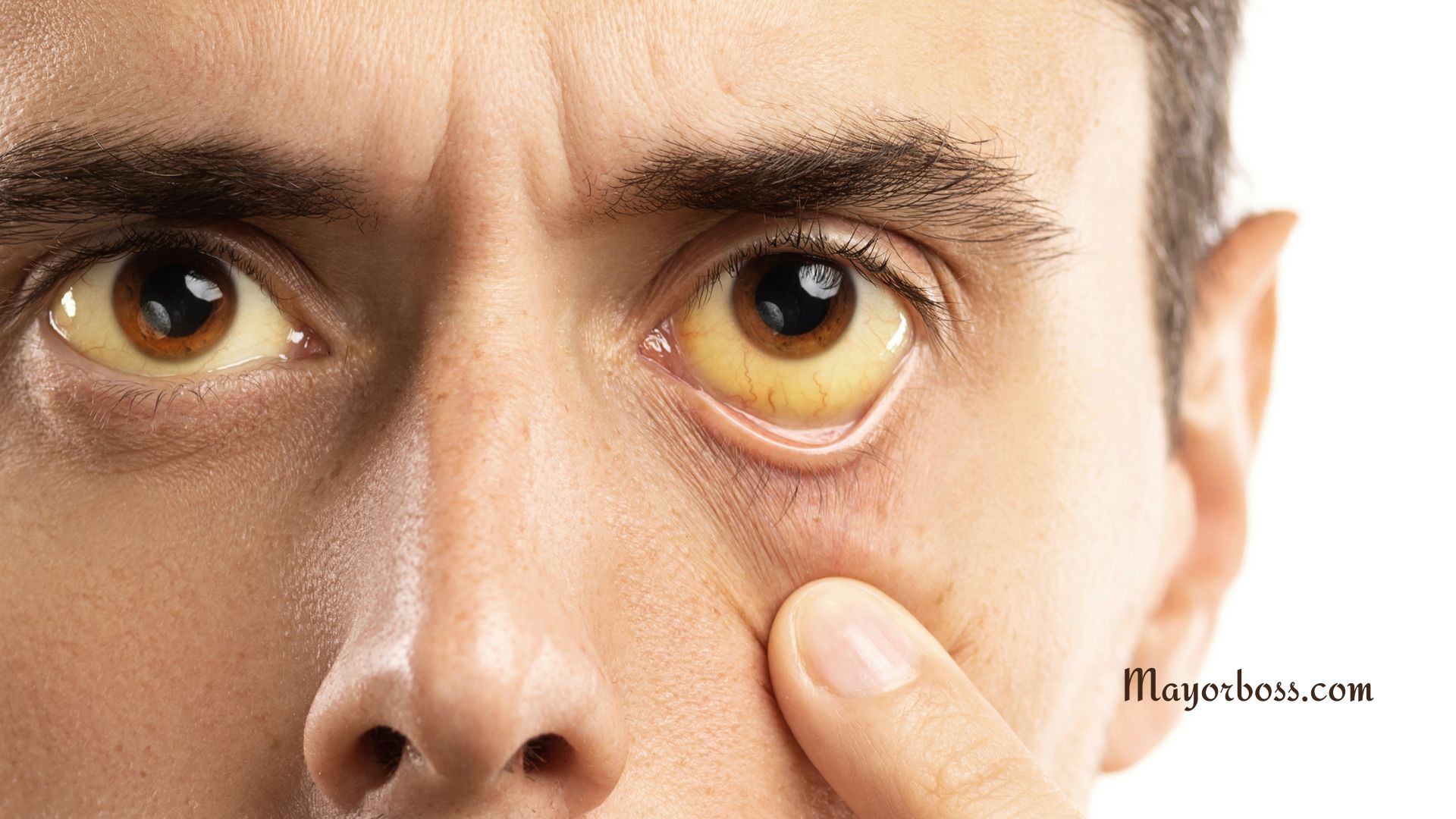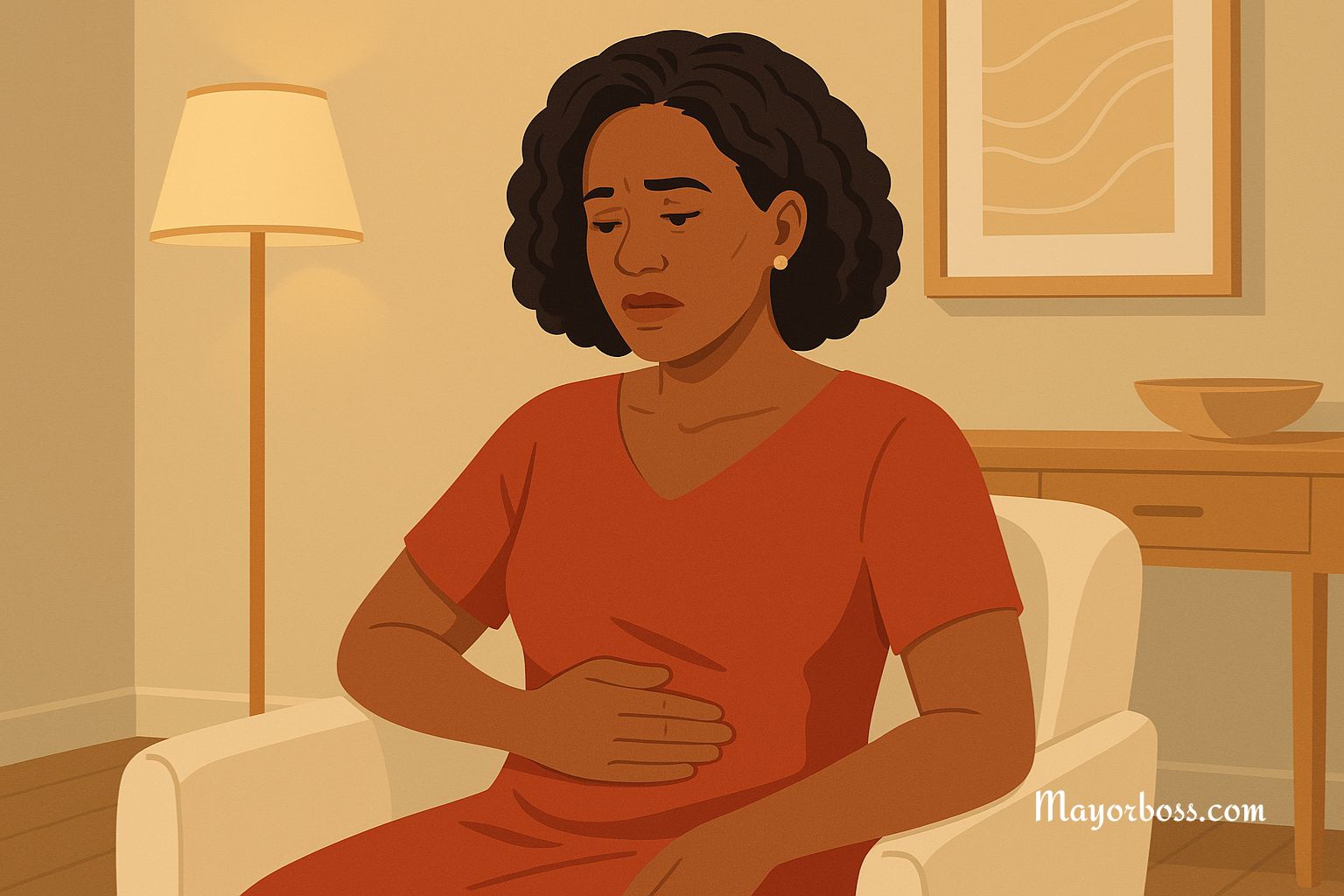Vagina: Anatomy, Function, and Common Health Concerns
The vagina is a crucial part of the female reproductive system, playing a significant role in sexual intercourse, childbirth, and the menstrual cycle. Understanding its anatomy, function, and common health concerns can help you maintain your reproductive health and recognize when something may be off. So, let’s walk through the essential details about the vagina, its purpose, and the health issues that often affect it.

Anatomy and Function
What is the Vagina?
The vagina is a muscular tube that connects the external genitals to the uterus. It’s located in the pelvis and stretches to accommodate sexual intercourse and childbirth. The walls of the vagina are lined with mucous membranes, which keep it moist and protect against infection.
Its Role in the Body
The vagina serves several important functions:
- Pathway for Menstruation: It allows the flow of menstrual blood from the uterus out of the body.
- Sexual Intercourse: It’s the canal through which penetration can occur, facilitating sexual activity and reproduction.
- Birth Canal: During childbirth, the vagina expands to allow a baby to pass through from the uterus.
Common Health Concerns
Maintaining vaginal health is vital for overall well-being. Here are some common health issues that can affect the vagina:
Yeast Infections
Yeast infections are caused by an overgrowth of the fungus Candida. Symptoms include itching, burning, and a thick, white discharge. They can be treated with antifungal medications.
Bacterial Vaginosis (BV)
BV is a condition where harmful bacteria grow too much in the vagina. It can cause symptoms like a thin, gray discharge and a fishy odor. Antibiotics are often prescribed for treatment.
Sexually Transmitted Infections (STIs)
STIs, such as chlamydia, gonorrhea, and human papillomavirus (HPV), can affect the vagina, causing symptoms like unusual discharge, pain, and itching. Prevention includes using condoms and regular STI screenings.
Vaginal Dryness
This can occur at any age but is especially common during menopause. It can make intercourse painful and lead to discomfort. Lubricants and certain medications can help alleviate this issue.
Pelvic Floor Disorders
The pelvic floor muscles support the pelvic organs, including the vagina. Weakness in these muscles can lead to issues like incontinence and pelvic organ prolapse. Pelvic floor exercises can strengthen these muscles.
When to See a Doctor
You should consult a healthcare provider if you experience:
- Unusual discharge or odor
- Persistent itching or irritation
- Pain during intercourse or urination
- Signs of a possible infection, like fever or swelling
FAQs
Can diet affect vaginal health?
Yes, a balanced diet can support vaginal health. Foods rich in probiotics, like yogurt, can help maintain healthy levels of good bacteria.
How can I prevent vaginal health issues?
Practicing safe sex, maintaining good hygiene, and regular check-ups can help prevent many vaginal health concerns.
Is vaginal discharge normal?
Yes, vaginal discharge is normal and varies throughout the menstrual cycle. However, changes in color, consistency, or odor could indicate an issue.
Understanding your body is the first step toward taking care of it. By paying attention to your health and recognizing when something seems unusual, you can address issues early and maintain your well-being. Always feel comfortable seeking professional advice when you have concerns about your vaginal health.






